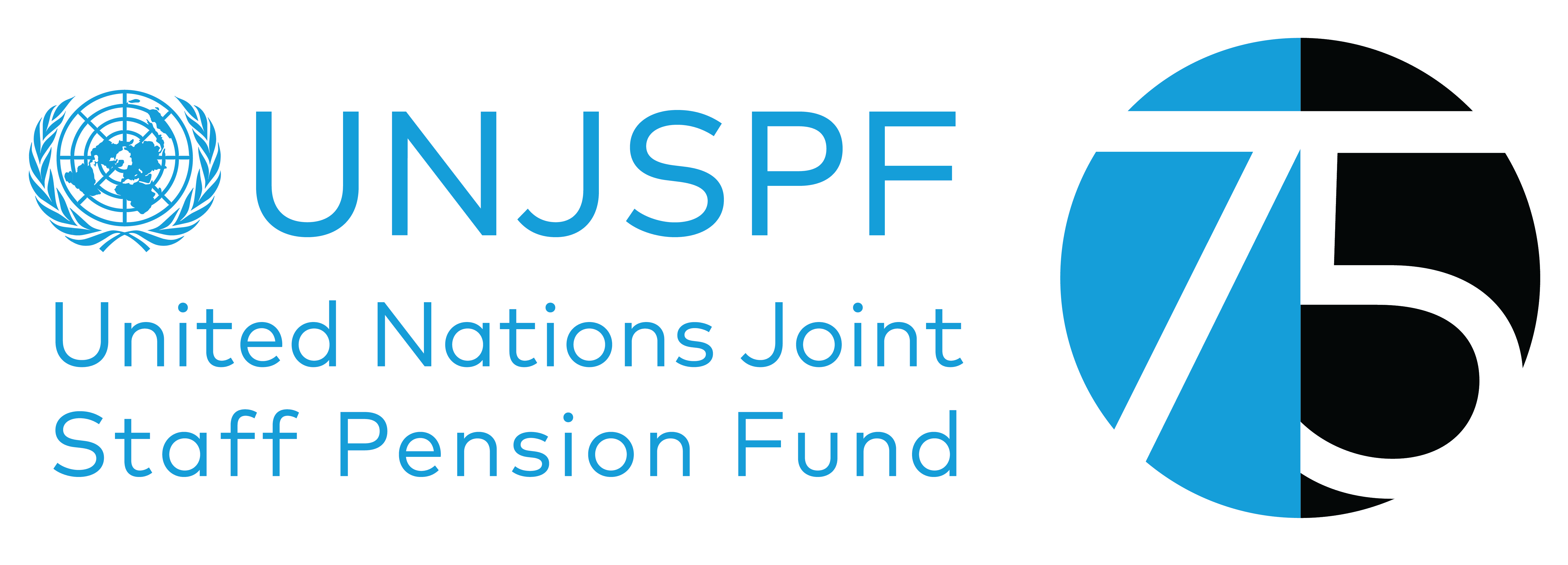Notification of death
If you need to inform the Fund about the death of a retiree/beneficiary or about the death of your dependents, please send an email to [email protected] providing the following information:
a) The deceased’s full name;
b) The deceased’s date of birth;
c) The date of death (day/month/year);
d) The deceased’s Pension Fund reference number (UNJSPF Unique ID or Retirement number), if known;
e) The deceased’s official mailing address;
If possible, kindly also include:
f) Contact details for the surviving family;
g) An original or a certified copy of the deceased’s death certificate (which should be sent to the Fund as soon as possible);
h) Any additional information that could be helpful.
Please note that the [email protected] email address is ONLY for reporting the death of a retiree or beneficiary of the UNJSPF. For any other subject, please contact us at any of the phone numbers and addresses provided on our Contact Us page or submit a message using the Contact Form available on the same page.
For more information on benefits payable after the death of a retiree/beneficiary, please consult the following pages:
FAQs
What happens if die? How should my survivors inform the Fund?
Upon the death of a retiree or a participant, a family member or other representative must notify the Fund as soon as possible and provide a certified copy of the official death certificate. The Fund will then determine what survivor’s benefits are payable.
A late notification of the death of a retiree receiving benefit payments can lead to an overpayment which will be recovered by the Fund from the retiree’s estate or from benefits payable to his/her survivors.
Check the Survivor's benefits page for more info.
I want to make sure that my spouse / child(ren) will be receiving a benefit. What do I need to do?
If you are still in service of a member organization of the Fund, please take the following steps:
- Ensure that you correctly report your date of birth, personal status and number of children to your employing organization, and verify that your pension annual statement, as distributed each year, accurately reflects this information. If it does not, you should provide the correct information to your employing organization (HR Office), which should, in turn, report the information to the Fund. Please note that after the date of your separation from service you will not be allowed to request changes to your prospective beneficiaries; your date of birth; and the date(s) of birth of your prospective beneficiaries, as reported during your service.
- Ensure that your prospective survivor(s) is aware that, in the event that you predecease that survivor, the Fund will need an original death certificate (e. not a medical certificate) or a certified copy of the death certificate as issued by local authorities, and an original, duly completed, signed and verified payment instruction form.
- Ensure that your spouse(s) or other prospective survivor(s) have available copies of all relevant birth certificates (e. for you, for themselves and for each child under age 21); copies of any relevant marriage certificates and/or divorce decrees should also be available.
Remember, after the date of your separation from service you will not be allowed to request changes to your prospective beneficiaries, your date of birth, or the date(s) of birth of your prospective beneficiaries.
If you have separated from the service of a member organization of the Fund, and did not elect a withdrawal settlement, please provide the Fund with the following documents:
- a copy of your Birth Certificate or valid passport;
- a copy of your valid photo ID document (g. Passport or other official, government issued photo ID, carrying your names, date of birth and signature – the “UN Laisser Passer” is NOT a valid ID document);
- a copy of your marriage certificate/s;
- a copy of your divorce decree/s;
- a copy of the birth certificate/s or valid passport of your current and/or former spouse/s (or copy of his/her valid passport or other official, government issued photo ID);
- a copy of the spouse’s official, government issued photo ID;
- a copy of the birth certificate(s) of your child(ren) under 21 years of age;
- a copy of death certificate(s) for spouse(s), ex-spouse(s), child(ren), if applicable.
The Fund encourages former participants to send all the above listed documents well in advance in order to expedite the processing of survivors’ benefits.
Ensure that your prospective survivor(s) is aware that, in the event that you predecease that survivor, the Fund will need an original death certificate (i.e. not a medical certificate) or a certified copy of the death certificate as issued by local authorities, and an original, duly completed, signed and verified payment instruction form.
What happens with my pension when I die if I was never married and have no children, or if none of my survivors is eligible for a survivor’s benefit from the Fund?
What should I do if my spouse or dependent child dies?
You must notify the Fund as soon as possible and provide a death certificate so that your family situation can be updated in your Pension Fund records and appropriate action can be taken.


